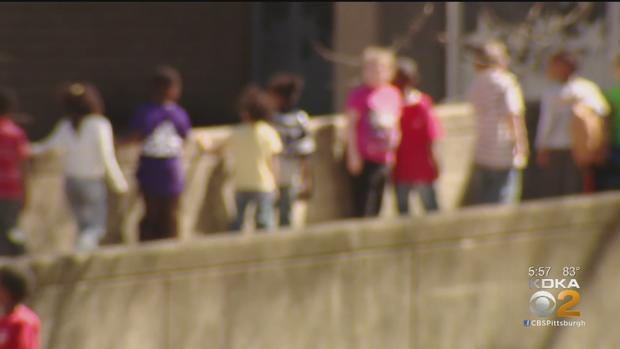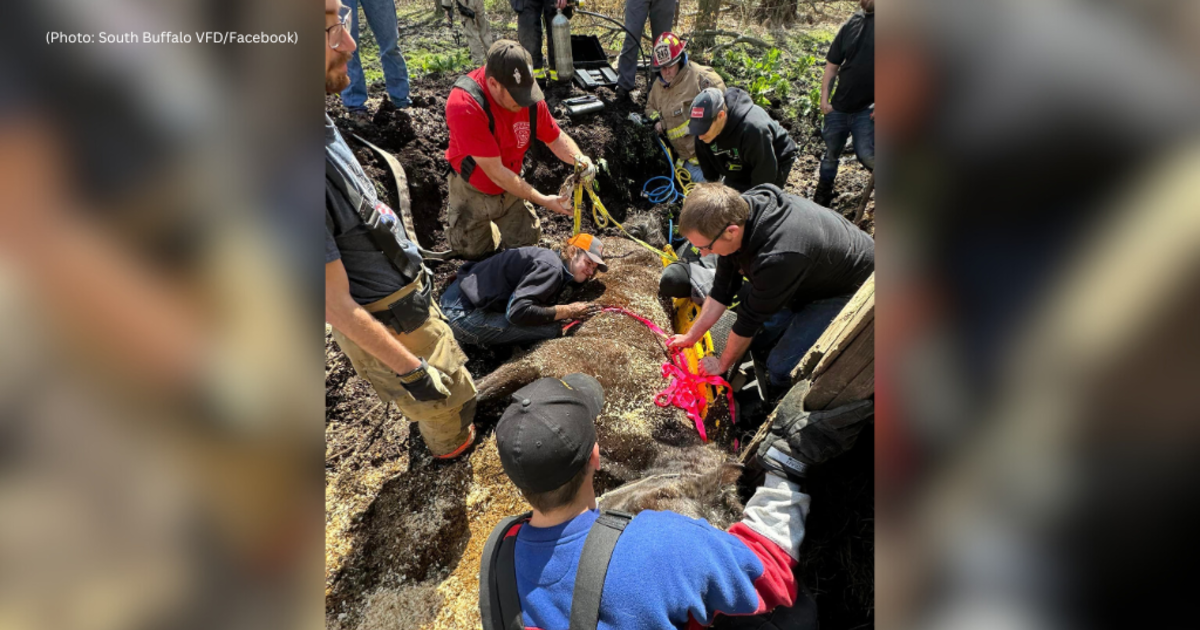Doctor Says Children's Noses May Contain Higher Levels Of Coronavirus Than Adults
PITTSBURGH (KDKA) -- Researchers say young people may play a larger role in community spread of the coronavirus than previously thought.
Children can carry more coronavirus than adults. This amount of virus is called "viral load."
"The question then becomes does viral load, the amount of viral load, really translate into being more contagious?" says AHN Pediatric Alliance pediatrician Dr. Joe Aracri.
In a study from Boston in the journal Pediatrics, researchers looked at nearly 200 kids, from newborns to age 22, most of them ages 11 to 16. They all had coronavirus.
The researchers took nose and throat swabs to look for the genetic material of the novel coronavirus and genes that code for the cell protein the virus attaches to. They also checked antibodies in the blood.
Virus levels at the back of the nose were highest on day two of symptoms and were significantly higher than hospitalized adults.
"Temperature taking has not been a really effective way of saying somebody either has COVID or doesn't have COVID," says Dr. Aracri. "Just assume everybody is carrying COVID. And if you make that assumption, then you are going to take the precautions that you need to safeguard yourself and your family."
Other findings:
- Only half of the kids with coronavirus had a fever.
- The amount of ACE2 receptor genes in younger children was lower, which, among other theories, hints at why they might be less likely to be sick.
- And the kids with MIS-C, the pediatric inflammatory illness, were generally younger than 4 and had antibodies against the virus' spike protein in an exaggerated way.
As for the high viral load, the study can't answer everything, particularly whether more virus means more transmission.
For that, Dr. Aracri looks to other studies from other parts of the world.
"Kids are less likely to transmit it between themselves or to adults, and when kids get infected, they're more likely to get infected from an adult than from another child," Dr. Aracri says.
And while this viral load study raises more questions, it doesn't change recommendations.
"You still have to maintain social distancing, make sure you wear your mask, make sure you wash your hands. And if you're sick, stay home," Dr. Aracri said.




